Find Help
More Items From Ergsy search
-
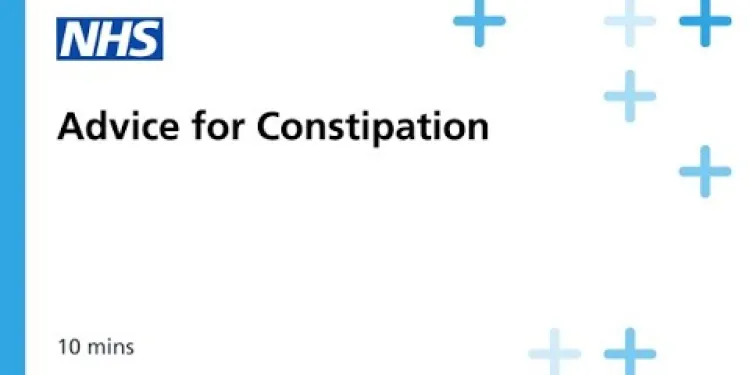
Constipation: Tips for those suffering with constipation
Relevance: 100%
-
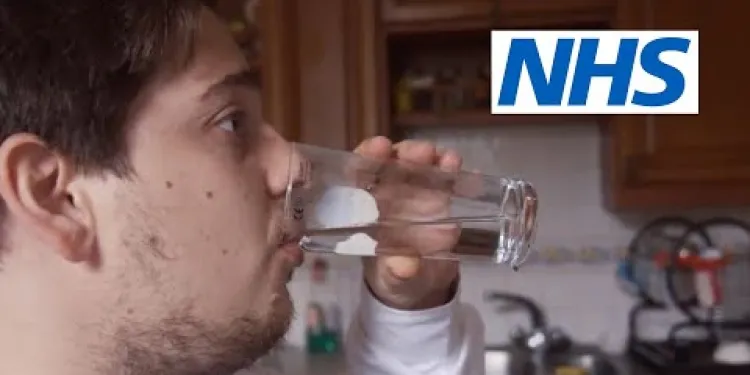
How to treat constipation | NHS
Relevance: 60%
-
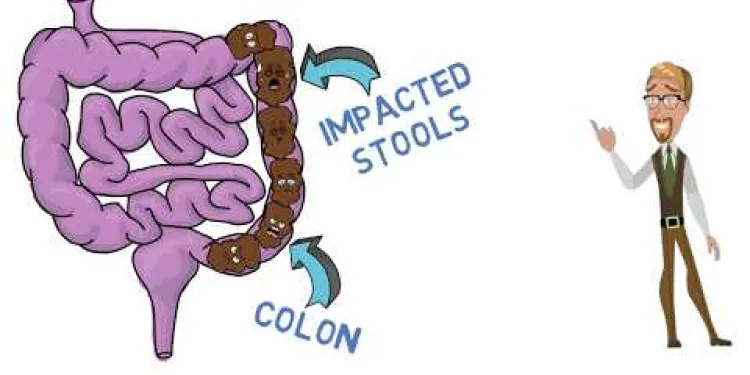
The effective treatment of childhood constipation according to NICE guidelines.
Relevance: 52%
-
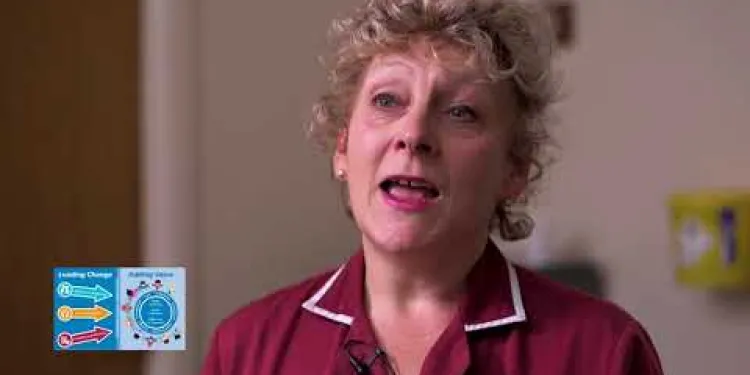
Sandwell and West Birmingham Hospitals NHS Trust – Faecal Incontinence and Constipation Healthcare
Relevance: 47%
-
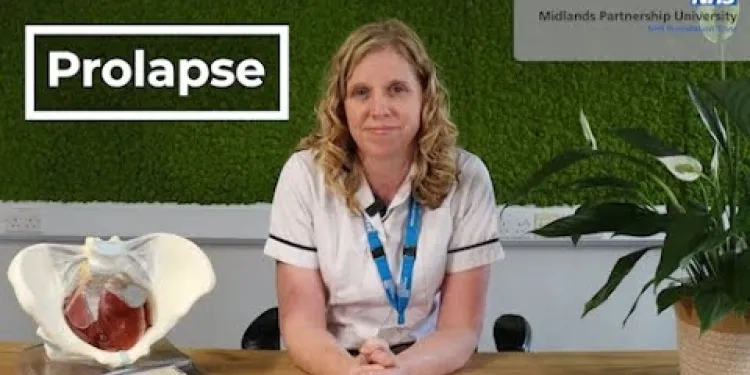
Prolapse Types and Tips
Relevance: 44%
-
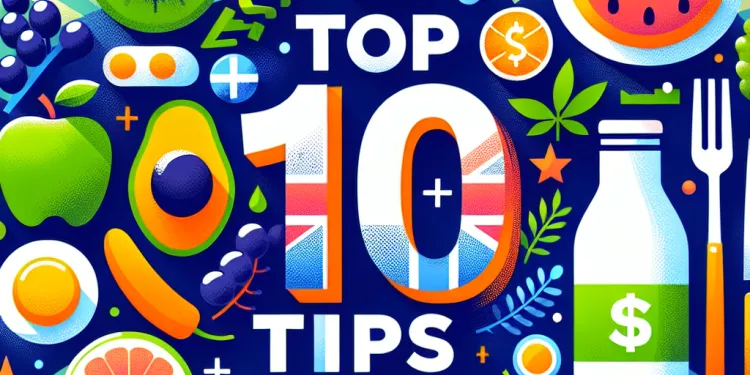
Top 10 Tips for Healthy Eating
Relevance: 38%
-
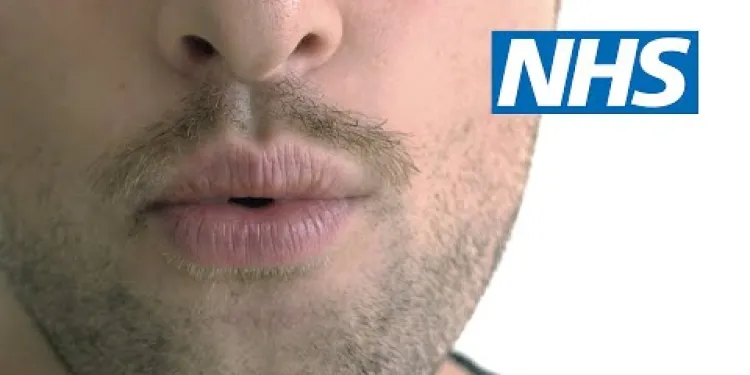
Tips for breathlessness | NHS
Relevance: 36%
-

Dental Health: Tips for All Ages
Relevance: 34%
-
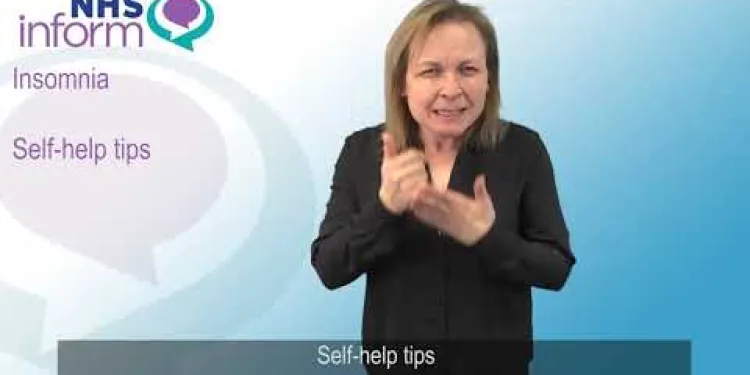
BSL - Insomnia self-help tips
Relevance: 34%
-
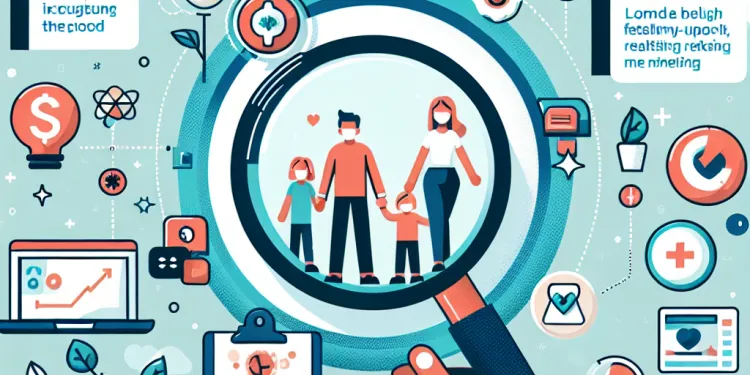
Healthy Family Lifestyle Tips Post-Pandemic
Relevance: 34%
-
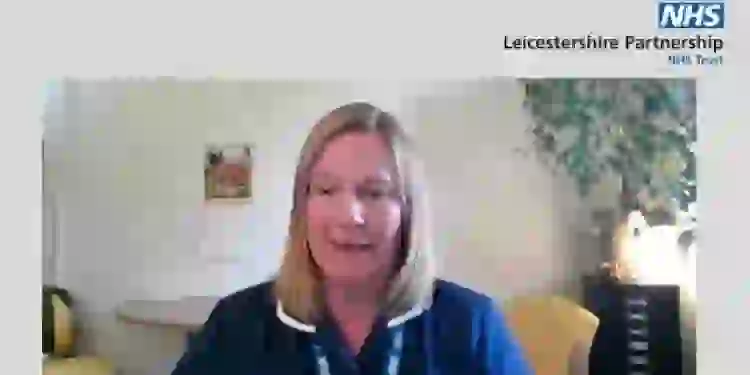
Needle phobia - Top tips video
Relevance: 33%
-

Navigating the UK Cost of Living Crisis: Tips for Families
Relevance: 33%
-
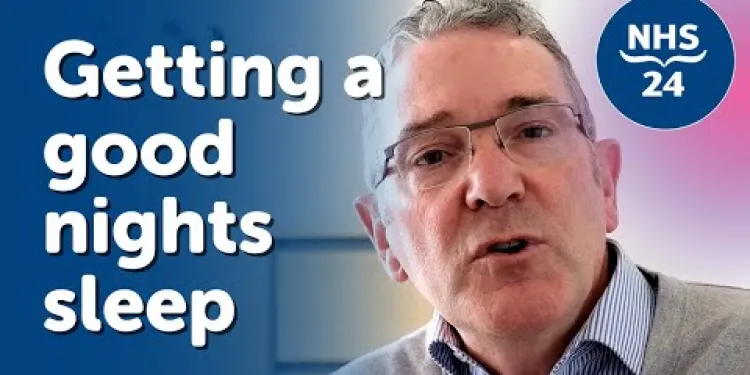
Top Tips to Help You Get a Good Nights Sleep
Relevance: 32%
-
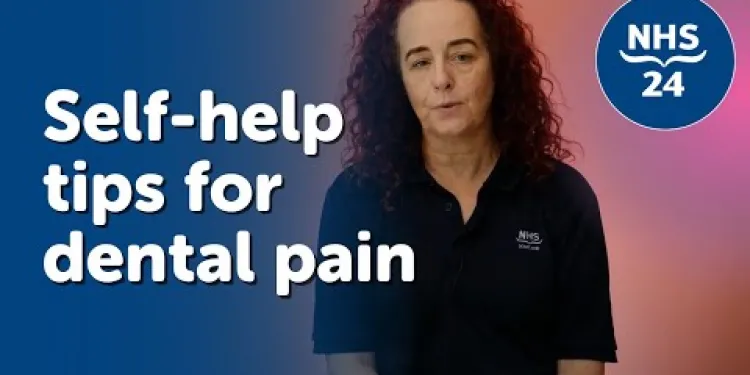
NHS 24 | Self-help tips for dental pain
Relevance: 32%
-

I'm Getting a Divorce | Tips From a Divorce Lawyer
Relevance: 30%
-

Uk Buy to Let for Older Clients - Mortgage Options Tips and Criteria
Relevance: 27%
-

Planning Your Funeral in Advance? | Expert Tips from Celebrants
Relevance: 26%
-

What are some tips for reducing screen time to improve sleep?
Relevance: 25%
-

Bridging Finance Dangers - Tips on common problems, risks and lending rules in the UK
Relevance: 25%
-

Essential Tips for Mental Health and Well-Being Amidst Rising Living Costs
Relevance: 24%
-
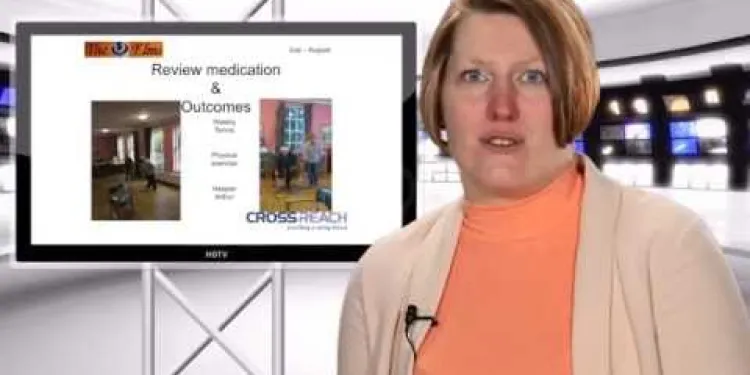
NHSGGC - Reviewing Laxatives
Relevance: 21%
-

How much fiber should adults consume daily?
Relevance: 19%
-

What are common side effects of Wegovy?
Relevance: 18%
-
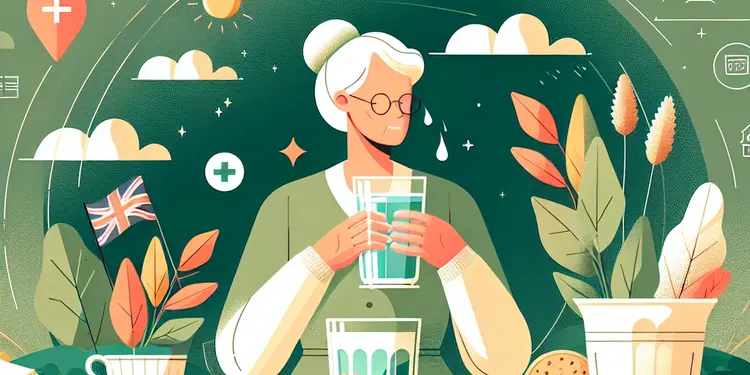
How does dehydration affect gut health in the elderly?
Relevance: 18%
-

Why is fiber important for health?
Relevance: 18%
-
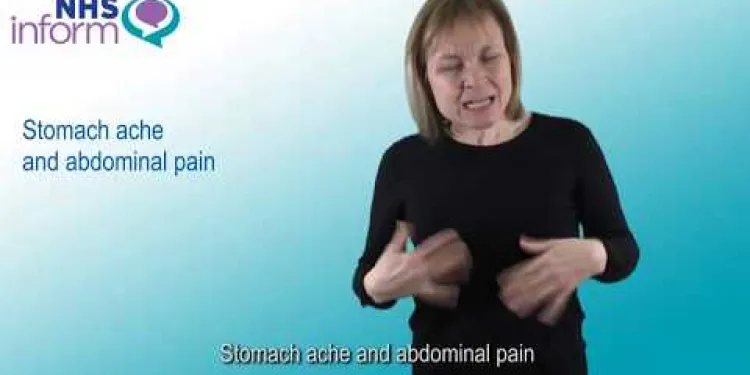
Stomach ache and abdominal pain
Relevance: 17%
-

Is fibre good for health?
Relevance: 16%
-

What are the common symptoms of appendicitis?
Relevance: 15%
-

What are the common side effects of Ozempic?
Relevance: 15%
-

Are there any gastrointestinal side effects from weight loss medications?
Relevance: 15%
-
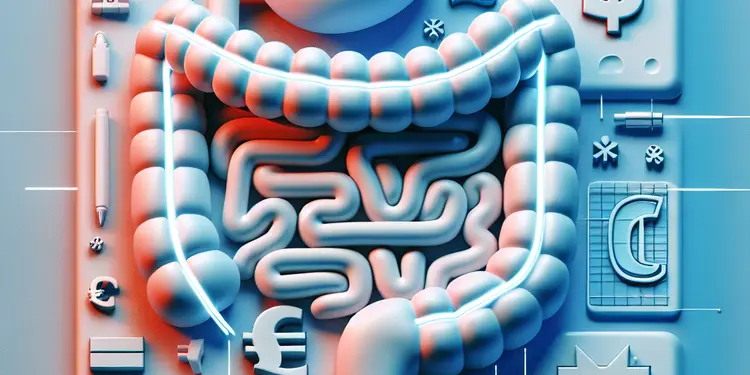
Are there specific gut-related diseases that become more common with age?
Relevance: 15%
-
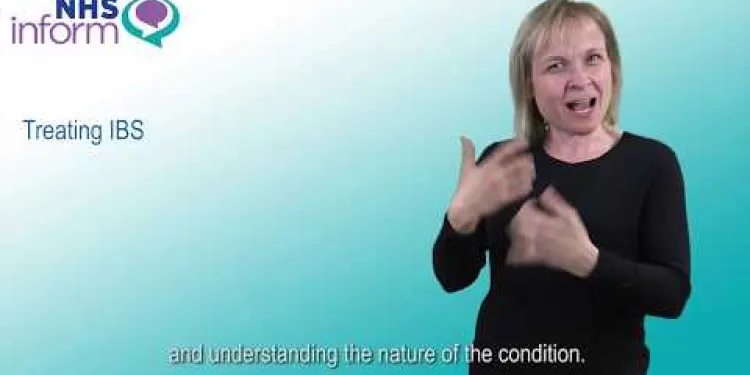
Treating irritable bowel syndrome (IBS)
Relevance: 14%
-

What are common side effects of Ozempic?
Relevance: 14%
-

What is irritable bowel syndrome (IBS)?
Relevance: 14%
-
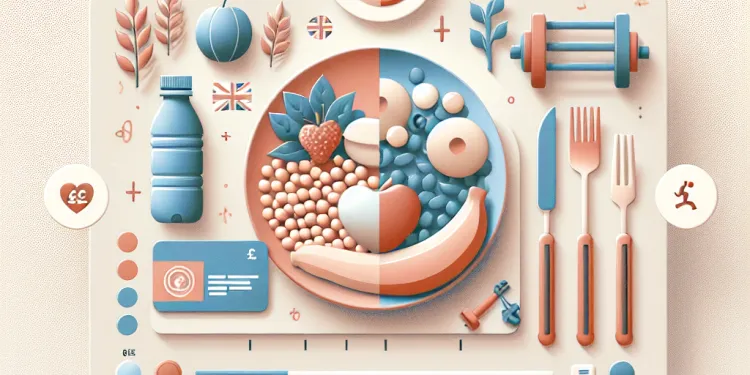
Can diet or lifestyle changes prevent appendicitis?
Relevance: 14%
-

What is irritable bowel syndrome (IBS)?
Relevance: 13%
-

How does fiber benefit digestion?
Relevance: 13%
-
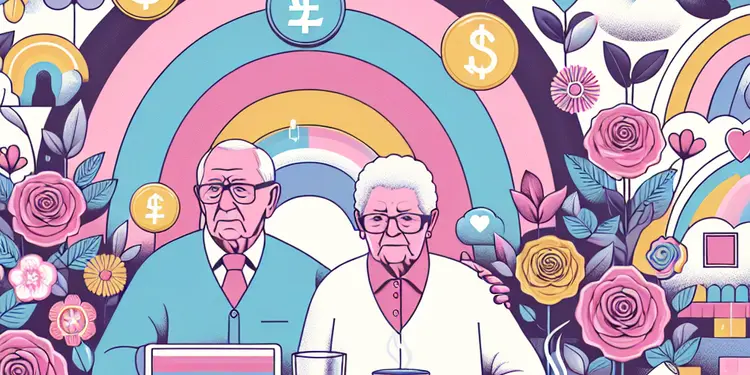
How can support groups benefit carers of Alzheimer's patients?
Relevance: 13%
-
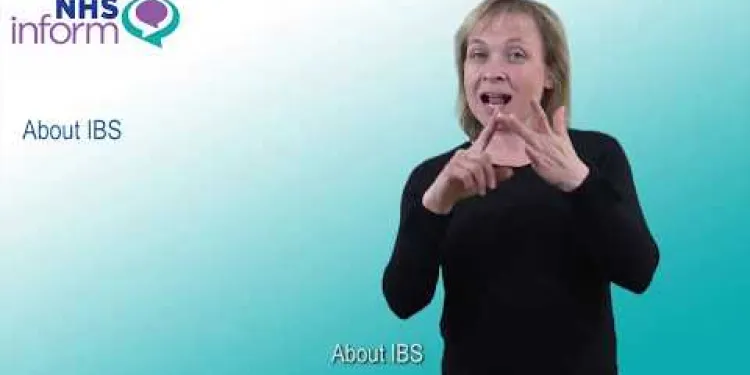
About irritable bowel syndrome (IBS)
Relevance: 13%
-

What are the benefits of insoluble fiber?
Relevance: 13%
Constipation: Tips for Those Suffering with Constipation
What is Constipation?
Constipation is a common digestive issue that affects many people in the United Kingdom. It is typically characterised by infrequent bowel movements, difficulty passing stools, or a feeling of incomplete evacuation. While it can be uncomfortable and frustrating, there are several ways to manage and alleviate constipation.
Increase Dietary Fibre
One of the most effective ways to prevent and treat constipation is by increasing your intake of dietary fibre. Fibre adds bulk to the stool, making it easier to pass. Good sources of fibre include whole grains, fruits, vegetables, legumes, and oats. Aim for at least 30 grams of fibre per day, as recommended by the NHS.
Stay Hydrated
Dehydration can worsen constipation, so it is essential to drink plenty of fluids. Water is the best option, but herbal teas and clear soups can also help. Try to limit the consumption of caffeine and alcohol, as these can contribute to dehydration.
Regular Exercise
Physical activity can help stimulate intestinal function and promote regular bowel movements. Aim for at least 150 minutes of moderate exercise, such as walking, cycling, or swimming, each week. A simple daily walk can make a significant difference in managing constipation.
Toilet Habits
Establish a regular bowel routine by setting aside time each day to use the toilet, preferably after meals. Ensure you are not rushing and allow yourself enough time to fully empty your bowels. Elevating your feet using a stool while sitting can also help facilitate bowel movements.
Over-the-Counter Remedies
If lifestyle changes are not sufficiently relieving your constipation, consider over-the-counter remedies like laxatives. However, these should be used sparingly and only as a short-term solution. Consult with a pharmacist or your GP before starting any medication.
Seek Medical Advice
If you are experiencing persistent constipation, severe pain, or any other concerning symptoms, it is vital to seek medical advice. Chronic constipation can be a sign of underlying health conditions that require treatment. Your GP can offer guidance and may refer you to a specialist if necessary.
By making small changes to your diet, lifestyle, and toilet habits, you can effectively manage constipation and improve your digestive health.
Constipation: Tips for Those Suffering with Constipation
What is Constipation?
Constipation is when it's hard to poo. It happens to lots of people. You might not poo often, it might be hard to go, or it might feel like you didn't finish. It can be uncomfortable, but there are ways to help.
Eat More Fibre
Eating more fibre can help you poo. Fibre makes your poo bigger and softer, so it's easier to push out. Foods with fibre are whole grains, fruits, vegetables, beans, and oats. Try to eat about 30 grams of fibre each day.
Drink Enough Water
Not drinking enough can make constipation worse. Water is best, but herbal teas and clear soups can help too. Try not to drink too much coffee or alcohol because they can dry you out.
Do Regular Exercise
Moving your body can help your tummy work better. Try to do some exercise like walking, cycling, or swimming for at least 150 minutes each week. Even a small walk every day can help.
Good Toilet Habits
Try to use the toilet at the same times every day, like after eating. Take your time and don't rush. You can put a small stool under your feet while sitting to help you poo better.
Use Over-the-Counter Help
If changing your food and habits doesn't help, you can try things you buy at the pharmacy. These are called laxatives. Don't use them too much and ask a doctor or pharmacist before you start.
Ask a Doctor
If you can't poo for a long time, have bad tummy pain, or are worried, talk to a doctor. Sometimes it can be a sign of a problem that needs help from a doctor. Your doctor can tell you what to do and might send you to someone who knows more.
By changing small things in how you eat, move, and use the toilet, you can feel better and help your tummy work well.
Frequently Asked Questions
What is constipation?
Constipation is a common condition where a person has infrequent bowel movements or passes hard and dry stools.
What are common symptoms of constipation?
Common symptoms include straining during bowel movements, hard or lumpy stools, a feeling of incomplete evacuation, and having fewer than three bowel movements a week.
What are the primary causes of constipation?
Constipation can be caused by a lack of fibres in the diet, inadequate fluid intake, lack of physical activity, certain medications, and stress.
How does diet affect constipation?
A diet low in fibre can lead to constipation. Increasing your intake of fruits, vegetables, whole grains, and legumes can help maintain regular bowel movements.
Can drinking water help relieve constipation?
Yes, staying well-hydrated by drinking plenty of water is essential for preventing and relieving constipation.
What role does exercise play in alleviating constipation?
Regular physical activity can help stimulate intestinal function and improve bowel movements. Aim for at least 150 minutes of moderate exercise per week.
Are there any over-the-counter remedies for constipation?
Yes, over-the-counter options include fibre supplements, stool softeners, and laxatives. However, it is advisable to consult a healthcare provider before using them.
Can certain medications cause constipation?
Yes, medications such as pain relievers, antacids, antidepressants, and iron supplements can cause constipation as a side effect.
How can stress impact bowel movements?
Stress can affect the digestive system and lead to constipation. Managing stress through relaxation techniques, exercise, and proper sleep can help.
Is it safe to use laxatives regularly?
Regular use of laxatives is not recommended as it can lead to dependence and potentially worsen constipation. It is better to address underlying causes and use laxatives occasionally if needed.
What natural remedies can help with constipation?
Natural remedies include increasing fibre intake, drinking plenty of water, regular exercise, and eating prunes or other dried fruits.
When should I see a doctor about constipation?
You should see a doctor if constipation is severe, lasts more than a few weeks, or is accompanied by symptoms like abdominal pain, rectal bleeding, or unexplained weight loss.
How can a high-fibre diet help with constipation?
A high-fibre diet adds bulk to the stool and helps it pass more easily through the digestive system, promoting regular bowel movements.
What is the role of probiotics in treating constipation?
Probiotics can help balance gut bacteria, which may improve digestive health and alleviate constipation. Yogurt, kefir, and fermented foods are good sources of probiotics.
Is it important to establish a regular bowel routine?
Yes, establishing a regular bowel routine can help train your body to have more consistent bowel movements. Try to go to the toilet at the same time each day, especially after meals.
What is constipation?
Constipation means it's hard to poop or you don't poop often. Your tummy might hurt because of this. To help with constipation, drink lots of water and eat fruits and vegetables. Exercise can also help.
Constipation means having trouble going to the toilet. People with constipation poop less often or have hard, dry poop.
What are common signs of being 'bunged up'?
Here are some common signs if your tummy is 'bunged up':
- You might not poo very often.
- Your poo could be hard or lumpy.
- It might hurt when you try to poo.
- You could feel like you still need to poo after going.
- You might have a pain in your tummy.
If you notice these signs, a grown-up can help. They can talk to a doctor or nurse if needed.
Common signs are:
- Pushing hard when you poop.
- Poop that is hard or lumpy.
- Feeling like you are not finished pooping.
- Going less than three times a week.
Try these tips:
- Drink lots of water.
- Eat fruits and veggies.
- Go for a gentle walk.
What makes it hard to poop?
Trouble going to the toilet can happen if you don’t eat enough fiber, don’t drink enough water, don’t move around much, take certain medicines, or if you are stressed.
How does what we eat affect tummy troubles?
Eating the right foods can help keep our tummy happy and help us go to the toilet easily. Some foods can make us feel stuck and give us tummy troubles, which is called constipation. Eating lots of fruits, vegetables, and drinking water can help us go to the toilet more easily. Fiber-rich foods, like whole grain bread and cereals, are good too.
If you have trouble with constipation, try using a chart or drawings to remember what foods to eat. You can also ask someone for help to make better food choices.
Eating foods that have little fiber can make it hard to poo. Eating more fruits, veggies, whole grains, and beans can help you poo regularly.
Can drinking water help if you can't poop?
If you are having a hard time pooping, drinking water might help. Water helps make your poop soft and easy to pass.
Here are some tips to help:
- Drink a glass of water in the morning.
- Try to have water with every meal.
- Keep a water bottle with you during the day.
Drinking lots of water is very important. It helps to stop and fix constipation. Constipation is when it is hard to go to the toilet.
How does exercise help if you can't poo?
Exercise helps your tummy and makes going to the bathroom easier. Try to do 150 minutes of exercise each week. You can spread this time over a few days.
Can you buy medicine for constipation at the store?
Yes, you can buy some things without a prescription. These include fibre pills, stool softeners, and laxatives. But, it's a good idea to talk to a doctor or nurse before using them.
Do some medicines make it hard to poop?
Yes, some medicines can make it hard to poo. These include medicines for pain, upset tummy, feeling sad, and iron pills.
How does stress affect going to the toilet?
Feeling stressed can change how your tummy works. It might make you need to go to the toilet more or less than normal.
Some ways to feel better are:
- Take deep breaths to calm down.
- Talk to someone you trust about how you feel.
- Try relaxing activities like drawing or listening to music.
Stress can make it hard for the tummy to work well. This can cause constipation, which means it's hard to poop. To feel better, try to relax, do some exercise, and sleep well at night.
Is it safe to use laxatives all the time?
Laxatives are pills or liquid that help you go to the toilet. You should not use them every day. They can hurt your tummy if you use them too much.
If you have trouble going to the toilet, talk to an adult you trust or see your doctor. They can help you find other ways to feel better.
Drinking more water and eating fruits and vegetables can help you go to the toilet. Try to move around and exercise too. This is good for your tummy.
Using laxatives all the time is not a good idea. It can make it hard to poo without them. Try to find out why you are constipated and use laxatives only if you really need to.
Here are some tips to help: drink lots of water, eat fruits and vegetables, and move around more. These can help with constipation too.
What can help if you can't poo?
Here are some things that might help if you are having trouble going to the toilet:
- Drink more water. This helps make your poo softer.
- Eat more fruits and vegetables. They have fiber, which is good for poos.
- Try prunes or prune juice. These can help you go.
- Go for a walk. Moving your body might help move your poo, too.
Talking to someone, like a doctor or a trusted adult, can also be helpful.
Here are some things that can help:
- Eat more foods with lots of fibre, like fruits and vegetables.
- Drink lots of water every day.
- Exercise often to keep your body moving.
- Eat prunes or other dried fruits.
When should I see a doctor about constipation?
Constipation is when it is hard to poop, or you do not poop often. Here are some times when you should see a doctor:
- If you have not pooped for many days.
- If it really hurts to poop.
- If you see blood when you poop.
- If your tummy hurts a lot.
If you are not sure, ask someone you trust or think about using something like a feelings or health chart to help you explain to a doctor how you feel.
Go to the doctor if you are really constipated. Go if it lasts more than a few weeks. Also, see a doctor if you have tummy pain, bleeding when you poo, or lose weight for no reason.
Here are some things that might help:
- Drink lots of water.
- Eat fruits and vegetables.
- Try to walk around or do some exercises.
How does eating more fibre help when you can't poo?
Eating food with lots of fibre can help you poo. Fibre is like a broom that sweeps your tummy clean. Here is how it helps:
- Fibre makes your poo softer and easier to push out.
- It helps you go to the toilet more easily.
If you have trouble going to the toilet, try to eat more fruit, vegetables, and whole grains like oats or brown bread.
Drinking plenty of water and getting some exercise, like walking, can also help your tummy feel better.
Eating foods with lots of fiber helps make your poop bigger and softer. This makes it easier to go to the toilet and helps you poop regularly.
How do probiotics help with constipation?
Probiotics are good bacteria. They live in your tummy. They help you digest food and go to the bathroom.
If you have trouble going to the bathroom, probiotics may help. They can make your tummy feel better.
You can find probiotics in yogurt or special pills.
If you need help, ask a doctor or a nurse.
Probiotics are tiny living things that help your tummy feel better. They can make it easier to digest food and help if you are constipated. You can find probiotics in foods like yogurt, kefir, and other fermented foods.
If you find reading hard, you can ask someone to read it to you or use a computer or phone app that reads out loud. You can also use your finger or a piece of paper to follow the words as you read.
Is having a regular time to poop important?
Yes, having a regular toilet routine can help your body have more regular poops. Try to go to the toilet at the same time every day, especially after you eat.
Useful Links
This website offers general information and is not a substitute for professional advice.
Always seek guidance from qualified professionals.
If you have any medical concerns or need urgent help, contact a healthcare professional or emergency services immediately.
Some of this content was generated with AI assistance. We’ve done our best to keep it accurate, helpful, and human-friendly.
- Ergsy carfully checks the information in the videos we provide here.
- Videos shown by Youtube after a video has completed, have NOT been reviewed by ERGSY.
- To view, click the arrow in centre of video.
- Most of the videos you find here will have subtitles and/or closed captions available.
- You may need to turn these on, and choose your preferred language.
- Go to the video you'd like to watch.
- If closed captions (CC) are available, settings will be visible on the bottom right of the video player.
- To turn on Captions, click settings .
- To turn off Captions, click settings again.
More Items From Ergsy search
-

Constipation: Tips for those suffering with constipation
Relevance: 100%
-

How to treat constipation | NHS
Relevance: 60%
-

The effective treatment of childhood constipation according to NICE guidelines.
Relevance: 52%
-

Sandwell and West Birmingham Hospitals NHS Trust – Faecal Incontinence and Constipation Healthcare
Relevance: 47%
-

Prolapse Types and Tips
Relevance: 44%
-

Top 10 Tips for Healthy Eating
Relevance: 38%
-

Tips for breathlessness | NHS
Relevance: 36%
-

Dental Health: Tips for All Ages
Relevance: 34%
-

BSL - Insomnia self-help tips
Relevance: 34%
-

Healthy Family Lifestyle Tips Post-Pandemic
Relevance: 34%
-

Needle phobia - Top tips video
Relevance: 33%
-

Navigating the UK Cost of Living Crisis: Tips for Families
Relevance: 33%
-

Top Tips to Help You Get a Good Nights Sleep
Relevance: 32%
-

NHS 24 | Self-help tips for dental pain
Relevance: 32%
-

I'm Getting a Divorce | Tips From a Divorce Lawyer
Relevance: 30%
-

Uk Buy to Let for Older Clients - Mortgage Options Tips and Criteria
Relevance: 27%
-

Planning Your Funeral in Advance? | Expert Tips from Celebrants
Relevance: 26%
-

What are some tips for reducing screen time to improve sleep?
Relevance: 25%
-

Bridging Finance Dangers - Tips on common problems, risks and lending rules in the UK
Relevance: 25%
-

Essential Tips for Mental Health and Well-Being Amidst Rising Living Costs
Relevance: 24%
-

NHSGGC - Reviewing Laxatives
Relevance: 21%
-

How much fiber should adults consume daily?
Relevance: 19%
-

What are common side effects of Wegovy?
Relevance: 18%
-

How does dehydration affect gut health in the elderly?
Relevance: 18%
-

Why is fiber important for health?
Relevance: 18%
-

Stomach ache and abdominal pain
Relevance: 17%
-

Is fibre good for health?
Relevance: 16%
-

What are the common symptoms of appendicitis?
Relevance: 15%
-

What are the common side effects of Ozempic?
Relevance: 15%
-

Are there any gastrointestinal side effects from weight loss medications?
Relevance: 15%
-

Are there specific gut-related diseases that become more common with age?
Relevance: 15%
-

Treating irritable bowel syndrome (IBS)
Relevance: 14%
-

What are common side effects of Ozempic?
Relevance: 14%
-

What is irritable bowel syndrome (IBS)?
Relevance: 14%
-

Can diet or lifestyle changes prevent appendicitis?
Relevance: 14%
-

What is irritable bowel syndrome (IBS)?
Relevance: 13%
-

How does fiber benefit digestion?
Relevance: 13%
-

How can support groups benefit carers of Alzheimer's patients?
Relevance: 13%
-

About irritable bowel syndrome (IBS)
Relevance: 13%
-

What are the benefits of insoluble fiber?
Relevance: 13%


